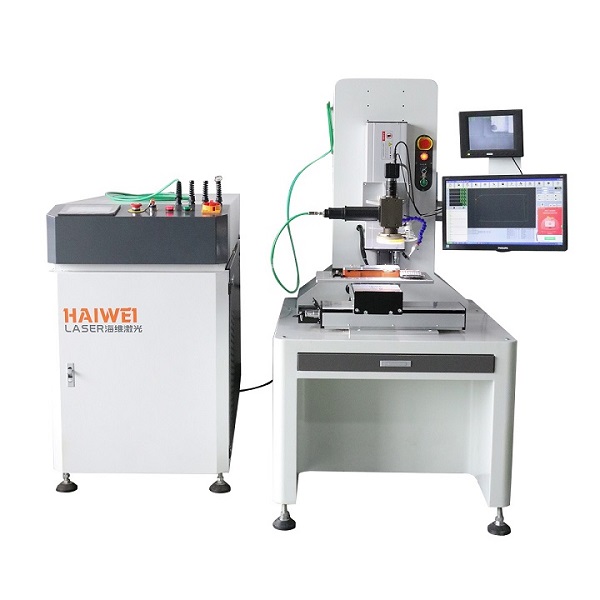Can Laser Welding Machines Improve the Airtightness and Corrosion Resistance of Welded Products?
In industries where product integrity is paramount, such as electronics manufacturing, renewable energy, and sanitary ware (bathroom fixtures), the quality of welds plays a crucial role. Laser welding machines offer unique advantages in enhancing both the laser welding airtightness and laser welding corrosion resistance of products.

Understanding the Basics of Laser Welding
Laser welding utilizes a high-energy laser beam to melt and join materials. This process can be precisely controlled, allowing for narrow, deep welds with minimal heat-affected zones. These characteristics are key factors in achieving superior airtight and corrosion-resistant welds.
Enhancing Airtightness
One of the standout features of laser welding machines is their ability to create hermetic seals, which are essential in applications requiring airtight components. The focused laser beam ensures that the weld penetrates deeply without causing excessive heating or deformation around the joint. This results in welds that maintain high pressure ratings and prevent leakage, making them ideal for vacuum-sealed enclosures or hydraulic systems.
Improving Corrosion Resistance
The precision of laser welding contributes significantly to improving the laser welding corrosion resistance. By minimizing the size of the heat-affected zone, the base material's microstructure remains largely intact, reducing the likelihood of forming brittle intermetallic compounds that are prone to corrosion. Additionally, laser welding can be performed in an inert gas environment, further protecting the weld from oxidation and ensuring a clean, oxide-free joint.
Material Considerations
Not all materials benefit equally from laser welding. Metals like stainless steel and titanium, known for their inherent corrosion resistance, show even greater improvements when joined using laser technology. These materials maintain their protective oxide layers during the welding process, which is critical for maintaining corrosion resistance.
Quality Control and Assurance
To ensure the highest standards of airtightness and corrosion resistance, modern laser welding machines often come equipped with real-time monitoring systems. These systems track parameters such as power output, focus position, and cooling rates, providing data that can be used to verify the quality of each weld. Such capabilities are invaluable for industries with stringent quality requirements.
Investing in a laser welding machine offers clear advantages in terms of improving both the laser welding airtightness and laser welding corrosion resistance of products. For companies looking to enhance the durability and performance of their welded assemblies, especially in harsh environments, laser welding technology provides a reliable solution. When choosing a laser welding system, it’s important to consider not only its technical specifications but also how well it integrates with existing production lines and meets specific industry needs. By selecting the right equipment and implementing proper procedures, manufacturers can achieve significant improvements in product quality and longevity.
Recent Posts
- What are the advantages of laser welding machines in lithium battery pack production lines?
- What issues should be noted when choosing a lithium battery pack production line?
- Quality Inspection and Control of Lithium Battery Module Pack Production Line
- Cell grouping and sorting process in lithium battery module pack production line
- What are the safety hazards of lithium battery pack production lines and how can they be prevented?
INQUIRY

